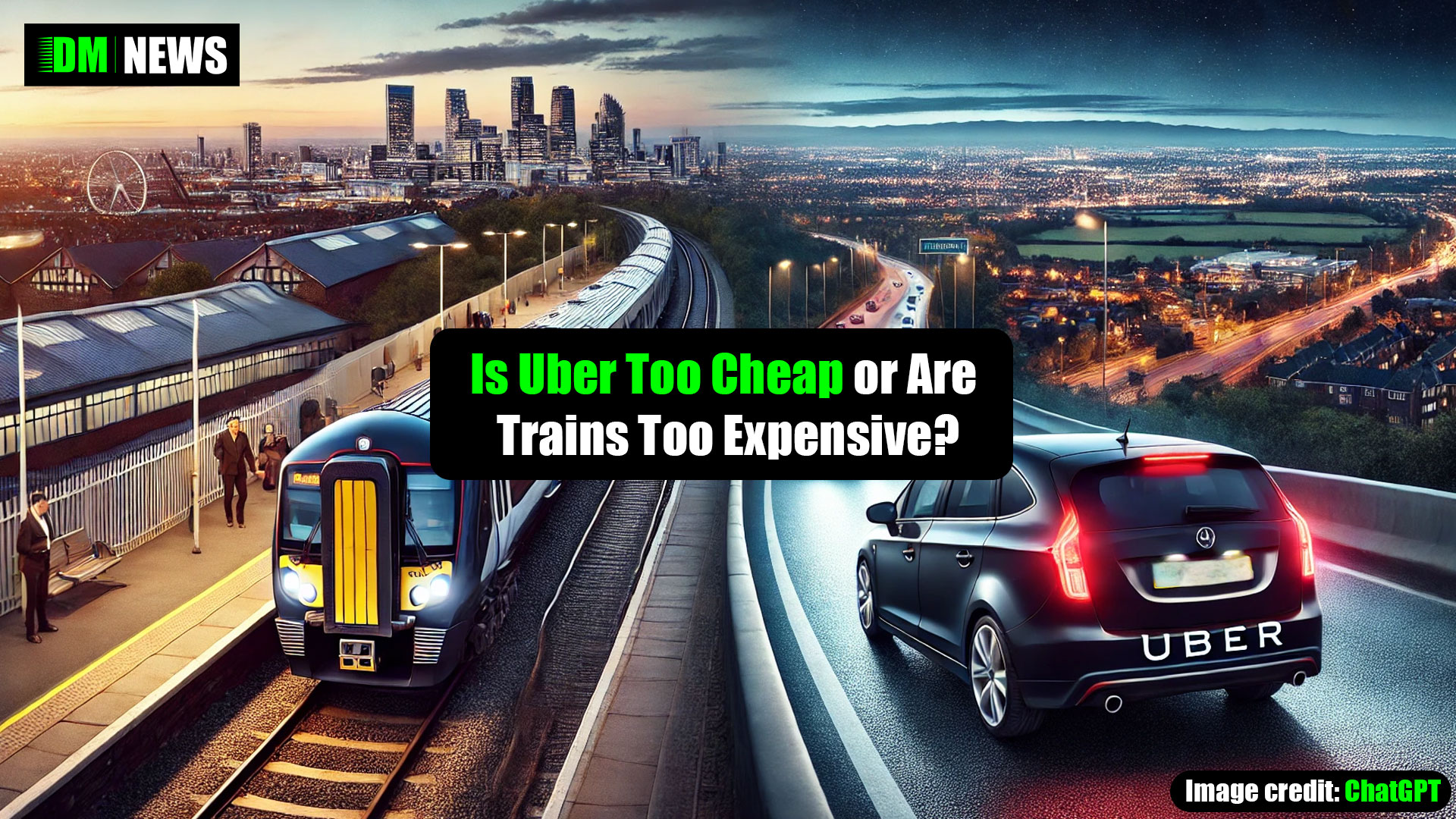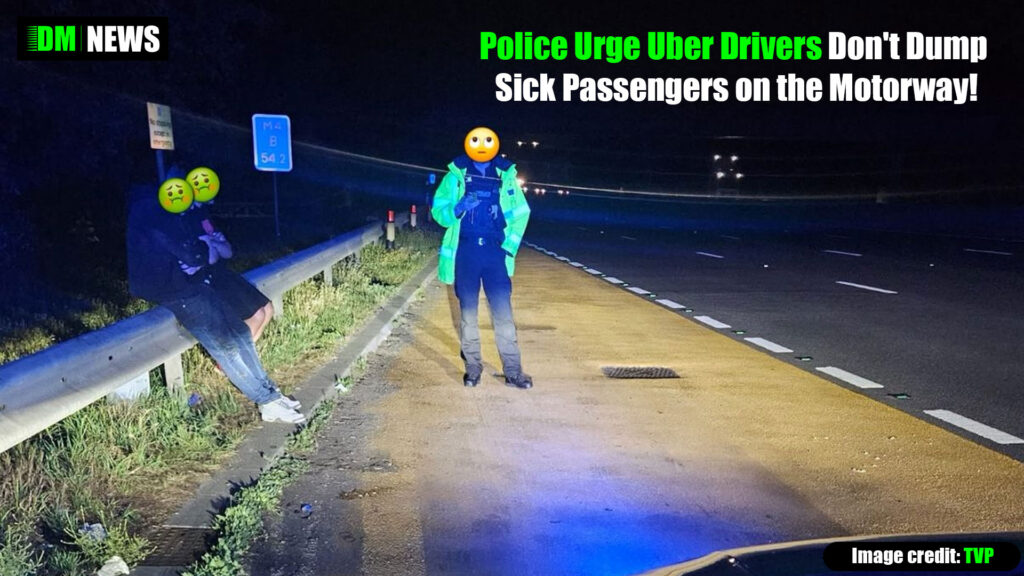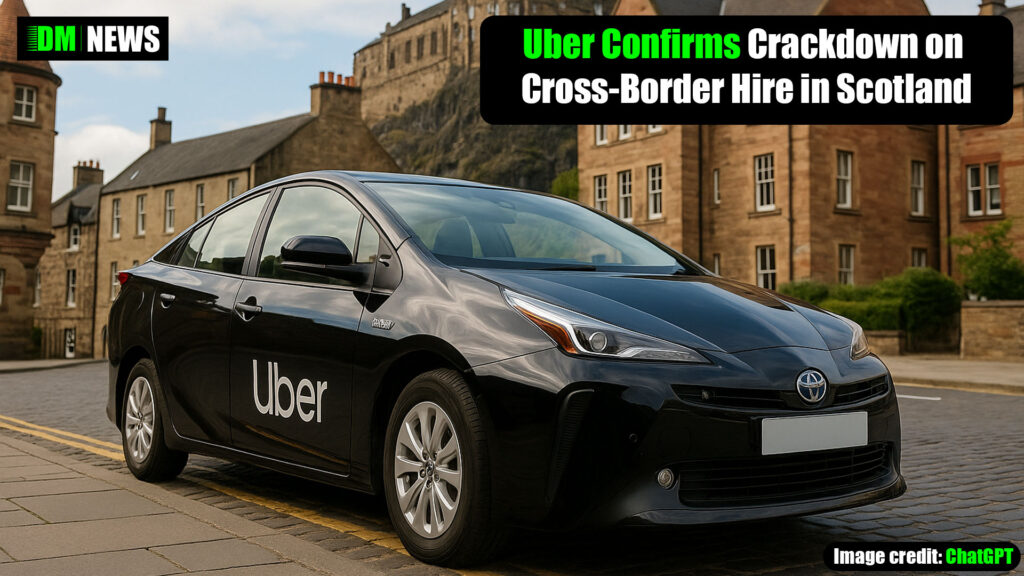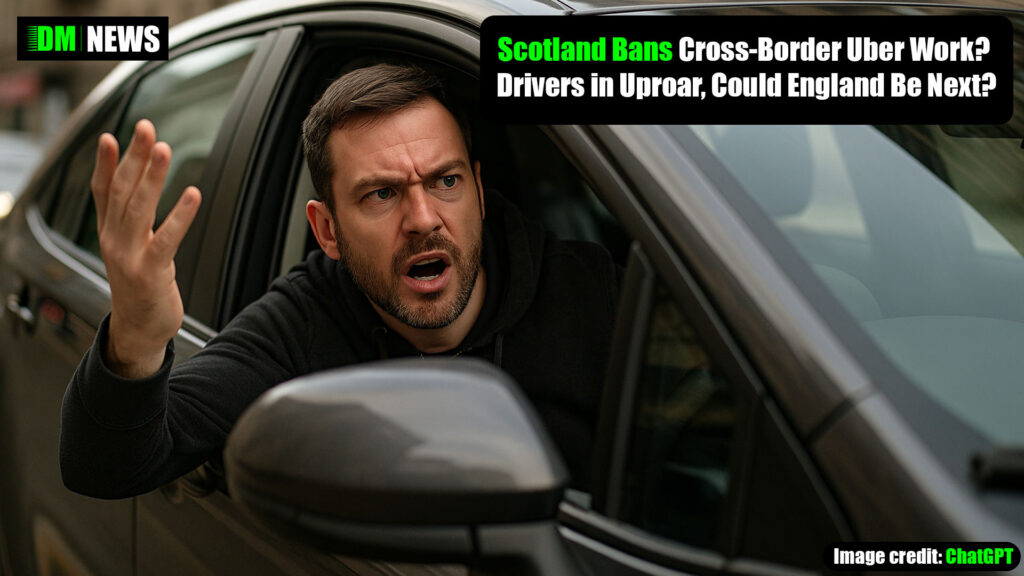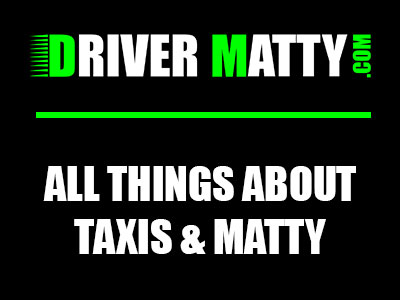A recent night out in Manchester has reignited the debate over whether Uber fares are too low or if train prices are simply too high. A local driver, out with a few friends, faced a surprising reality when comparing the cost of public transport to a private Uber ride home.
The group of four needed to get back to Warrington, approximately 21 miles away. Their first thought was to take the train, but after checking the nearest station, they found that tickets for all four passengers would cost a total of £22. However, this wasn’t the end of their journey – once they arrived at their local train station, they would still need an Uber to get home, which would add an additional £8, bringing the total cost to £30.
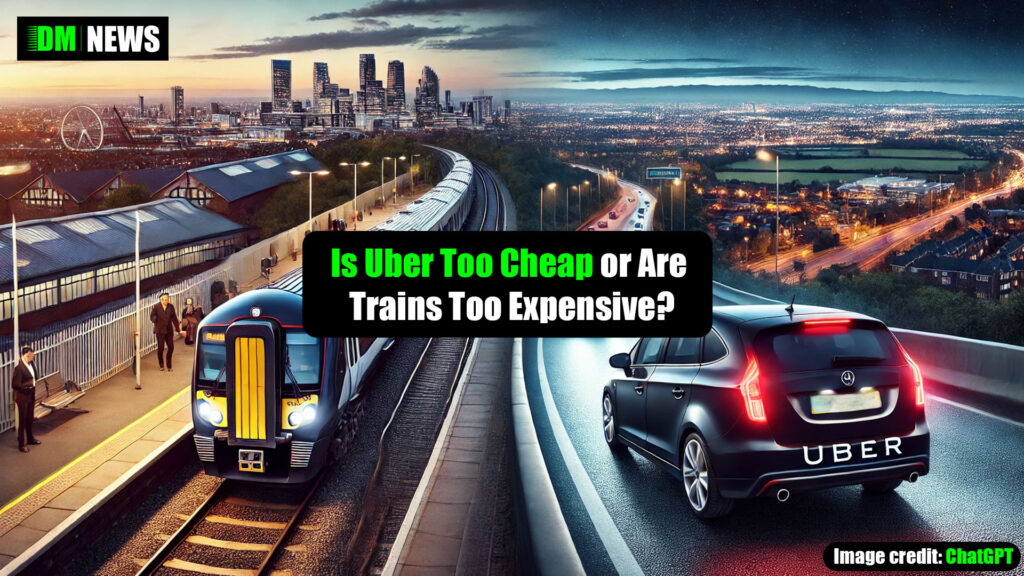
One of the group then suggested a simple alternative – why not just take an Uber all the way home? They booked the ride and were stunned when the total fare came to just £23 for the entire 21-mile journey. Not only was this cheaper than the train option, but it also provided the convenience of a direct journey with no changes or waiting around at stations.
This raises an important question about the pricing of public transport in the UK. While Uber’s pricing model fluctuates based on demand, the fact that a private ride-hailing service can be cheaper than a train ticket for a similar journey is eye-opening. Rail services are often touted as a sustainable and efficient mode of transport, yet high ticket prices can deter people from using them, pushing them towards car-based alternatives like Uber.
Critics argue that Uber’s low prices are unsustainable and contribute to a race to the bottom for driver wages. Others believe that train prices, set by complex fare structures and infrastructure costs, are simply too high and in need of reform.
With rising concerns over sustainability and transport affordability, this incident highlights a wider issue facing commuters and leisure travellers alike. Should rail fares be lowered to make public transport more attractive? Or is Uber’s pricing too low, undercutting traditional transport options? The debate continues, but for these four friends, the answer was clear – Uber won that night.

